|
David Fincher’s well known as a director for a lengthy repetition of takes. Like similarly meticulous director’s before him, he wants dozens and dozens of versions of the same conversation, breaking down his actors and getting the most natural reading possible. That level of organization and obsession is sometimes shared in his characters, but rarely his protagonists. John Doe in Seven might have a detailed plan, but Mills and Somerset do not. When his characters do have plans, like Amy Dunne or the unnamed killer in Fincher’s latest, The Killer, the god of the film (Fincher) laughs at them and makes them change their strategy. No one but him is allowed to be so in control, even when characters are sure they share a level of omnipotence. This has never been more true than in The Killer, a gun-for-hire story that pairs Fincher’s unreliable narrators with his singular mastery of the frame. It’s a unity of Fincher’s career-long desire to get his arms around every aspect of film production and his frustration with a failure to do so, while also being an immaculate action film and cry into the void about the impersonal nature of corporate hierarchy.
0 Comments
Top Gun: Maverick, the film in which Tom Cruise supposedly saved cinema, worked as a metaphor for Cruise’s career in multiple flattering ways, from its analog-versus-digital prologue to its ultimate choice to stop trying to replace Cruise’s Maverick and just let him save the day himself. These kinds of readings are the only way that Cruise is going to engage with filmmaking beyond giant spectacle. His days of serious dramas seem to be dead, but the viewer can keep analyzing Cruise through his death-defying stunts, the latest series of which takes place in Mission: Impossible – Dead Reckoning: Part One. In Cruise’s seventh franchise entry and third with writer/director Christopher McQuarrie, Ethan Hunt and the IMF squares off against a rogue AI, which the world’s major powers are all racing to acquire and control themselves while Hunt is trying to destroy it. Cruise as the lone man stopping the advance of harmful technology places him exactly where he wants to be at this phase of his career. He is on a mission to show that filmmaking isn’t broke and therefore shouldn’t be fixed. Meanwhile, Disney is replacing extras with AI-generated oddities who are several iterations away from looking human.
Spider-Man: Into the Spider-Verse has become one of the most influential films of the last decade. Its fantastical animation style has provided a counterpoint to the photorealism of Pixar, and is being aped by animation titans like Dreamworks. It proved that audiences would turn out for multiverse storytelling, a theme that has overtaken superhero franchises and the Oscars. Into the Spider-Verse’s sequel, Across the Spider-Verse, isn’t likely to have that kind of historical footprint, as it’s building upon what the original started, but it is the rare second-chapter that eclipses its impressive predecessor. Across the Spider-Verse enlarges an already-huge world, adding more new characters and environments and challenges while also deepening the characters the audience is familiar with, and it does so with a stunning color palette and an aesthetic sense that makes it the latest embodiment of cool. It even manages to squeeze in new ideas about superheroes after fifteen years of general audiences drowning in them. Spider-Man: Across the Spider-Verse is a high-water mark for both animation and comic-book movies, validating all the imitators who have hitched their wagons to the correct train and undoubtedly inspiring new ones.
The superhero fever is so close to breaking, but the major studios still have to follow through on franchise plans they made when it was raging. As Disney and Marvel limp into the future behind a supervillain played by an alleged abuser and a series of movies that ended with some of the most uninteresting character teases in the history of the genre (remember when Patton Oswalt voiced a troll), they still have to close the book on one of their major successes, even as its auteur decamps for another flailing comic book franchise. The Guardians of the Galaxy showcased Marvel at the peak of its powers, a studio with such box office power that it could turn characters few people had ever heard of into the highest-grossing movie of its year. Almost a decade later, writer and director James Gunn finds something like an ending for his team of misfits. Guardians of the Galaxy, Vol 3, goes for maximum pathos within a franchise that previously relied on this team for jokes. The result is a marginal improvement on the forgettable to awful streak that Marvel’s been saddled with, but this is also the least of the Guardians trilogy and a bad omen for Gunn’s next job at the head of DC Studios.
John Wick was fighting for something in his initial outing nine years ago. That film’s scale, while certainly heightened, felt at least knowable, hinting at something deeper under a surface that established the rules and stuck to them. Three films later, gravelly voiced officials and globe-spanning locations have taken over and Wick has been fighting for his own life against crime bosses who keep changing the rules. Rooting interest in the characters left the franchise around the time Wick was cutting off his finger in the Moroccan desert to appease the chief assassin, a figure who gets unceremoniously dispatched in John Wick: Chapter 4’s opening minutes. A new entry in the Keanu Reeves-led franchise has become a deadening and compulsory chore, like being assigned a sniper job that requires the shooter to wait for days by an open window. Imagine my surprise when Chapter 4 remembers that there are other characters in the universe besides Wick, and that there has to be some kind of grounding influence that motivates these killing sprees. Longtime director Chad Stahelski can’t maintain a division of labor between character and action for the film’s entire 169 minutes, but the effort is an appreciated step up from his previous entries.
Despite only being a little less than five years apart, the two Black Panther films were released in different cinematic landscapes. The original Black Panther came out as the superhero movie genre was at its peak, riding a cresting wave of critical acclaim for the Marvel Cinematic Universe. It featured some of the franchise’s best world-building, its best villain, and introduced a new cast of characters who could conceivably lead their own entries. The sequel, Wakanda Forever, is without its lead after Chadwick Boseman’s tragic death mid-production, and it’s coming in the middle of a creative slump for the MCU, dogged by overproduction and the distillation of the brand thanks to a dozen Disney+ series. The money still gets made, but Wakanda Forever doesn’t linger like Black Panther did. A world that seemed endless after the original feels constrained by the sequel. It’s time for director Ryan Coogler to get out while he still can.
A miracle is still one of the criteria for sainthood in the Catholic church. Per their miter-wielding referees, it’s a real thing with a real definition, but in the secular world, it’s just a term for something statistically rare. Meaning can be ascribed, but it’s not a requirement. A random event is just that, a reminder of an indifferent universe and the cold physical laws that govern it. Jordan Peele’s Nope wonders at miracles from all sides: where they originate from, how they’re observed, and how they’re interpreted. Informed by cinematic history and laden with religious imagery, the film creates distance from the ‘social thriller’ subgenre that Peele brought to prominence while proving himself as a filmmaker capable of thrilling daylight setpieces alongside his haunting nighttime bonechillers.
If Thor: Love and Thunder does anything right, it finally frees the waning MCU fan from having to continue caring about this bloated vampire squid of a franchise. Why should the viewer be invested in the fourth Thor film and MCU’s 29th when the makers can’t be bothered to put forth any effort in a cynical cash grab whose laziness nevertheless gets rewarded at the box office? Marvel’s been struggling to find a way forward after all the magic stones have been put to rest, and Taika Waititi’s latest cements how lost in the woods the franchise has become. After Doctor Strange and the Multiverse of Madness’ experiments in TV streaming synergy and Thor: Love and Thunder’s abject disdain for its audience, the spell has been officially broken and these movies will now be taken on a case-by-case basis. The amount of screaming goat jokes I can stomach before I realize I’m being treated like an idiot is less than the number contained in this film.
Legacy sequel Top Gun: Maverick begins with a prologue that puts fighter pilot Pete Mitchell, callsign Maverick (Tom Cruise) in the cockpit of an experimental aircraft. He takes off in direct opposition of the orders of Admiral Chester Cain, callsign Hammer (Ed Harris), who’s more interested in drones than manned flight. Nevertheless, Cruise proceeds to break Mach 10 and vindicate manned flight, though he doesn’t know when to slow the plane down and it disintegrates in a stunning explosion. With this sequence, Cruise and director Joseph Kosinski have framed their film as an assertion of Cruise’s singular star power. The industry doesn’t mint new Hollywood icons anymore and has moved into the building of interconnected cinematic universes, but a relic of the 80’s emerges to show that the old way still has the ability to bring the goods, especially when he pushes the medium and what the human body is capable of past what’s imaginable. Even if it goes wrong, at least the aftermath will leave a beautiful corpse. Top Gun: Maverick proceeds to demonstrate how there’s no one like Tom Cruise, and that if there’s anyone coming behind him, it’ll only happen with his blessing. The wild success of the film validates its premise, though the same problems that plagued the original Top Gun and its imitators have lingered just as tenaciously as its star.
Sam Raimi created his own superhero universe in the early 2000’s and he returns to a totally different landscape with Doctor Strange and the Multiverse of Madness, a title that wildly oversells itself. Raimi’s Spider-Man trilogy ultimately collapsed under studio notes, but the best chunks of it belonged to his idiosyncratic sensibilities and resulted in some of the best superhero movies of the 21st century. Now, Raimi is one of a dozen auteur directors that Marvel has tried to incorporate into its corporate vision, and whatever he wants to do with a Doctor Strange sequel has to gel with a prequel miniseries. When Raimi is able to assert himself, the film tentatively explores new genre frontiers in the Marvel Cinematic Universe, but the space for directors to take control within this huge multimedia cash cow is shrinking.
|
Side PiecesRandom projects from the MMC Universe. Categories
All
Archives
April 2023
|
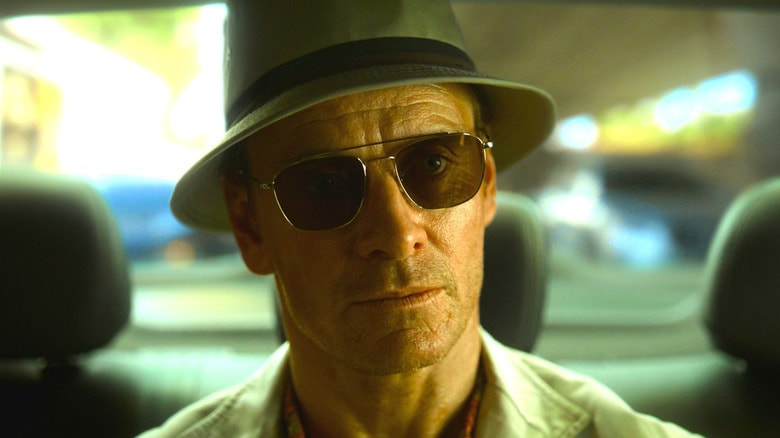
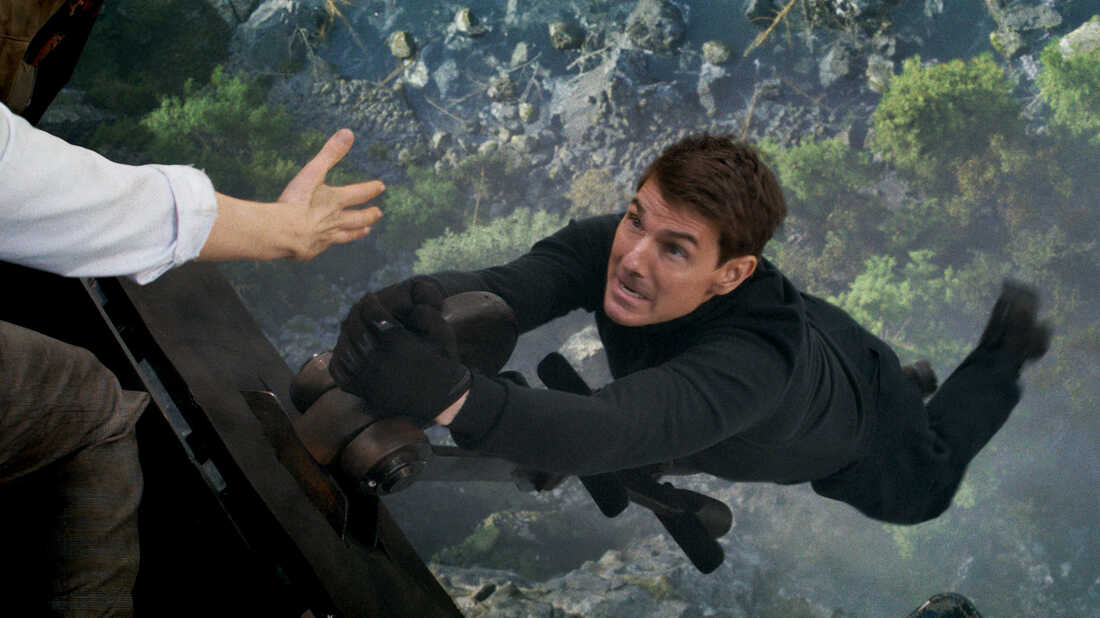
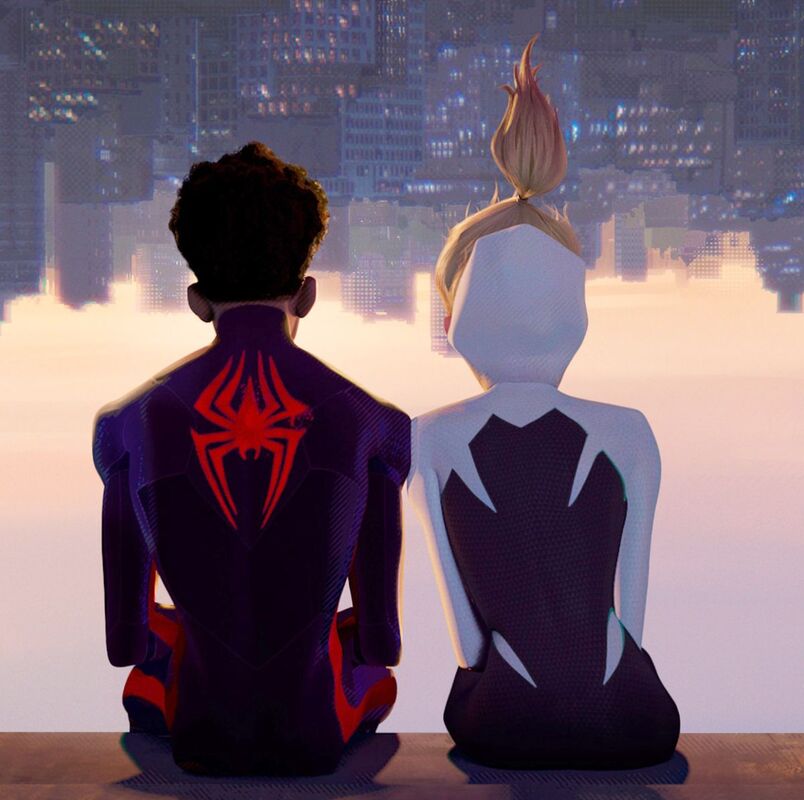

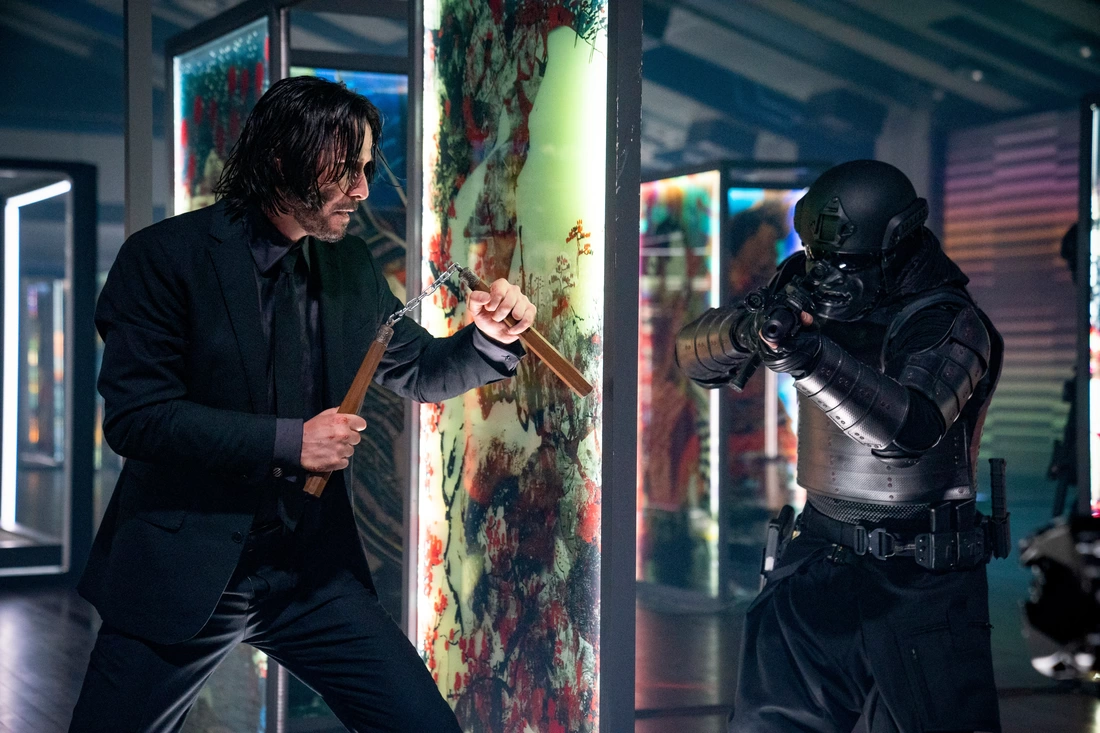
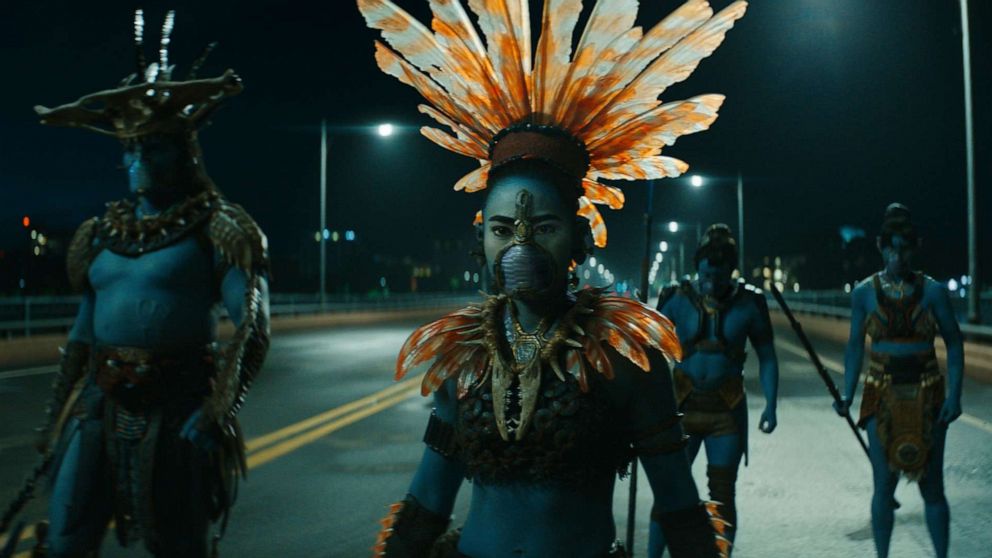
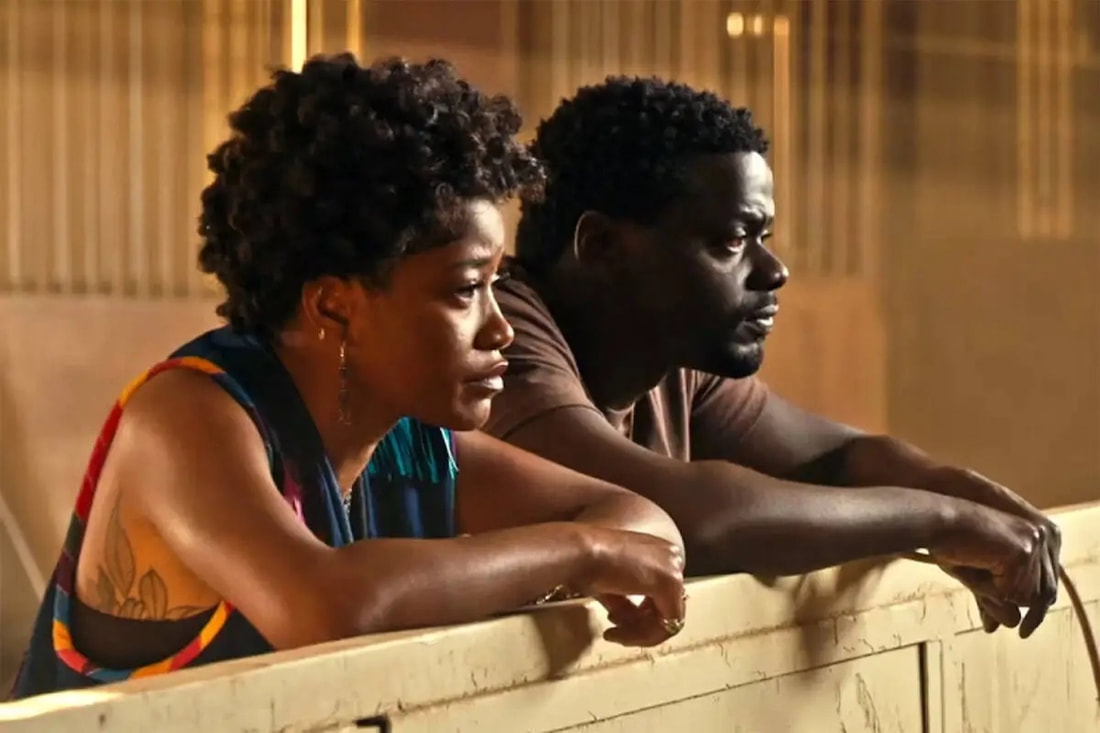
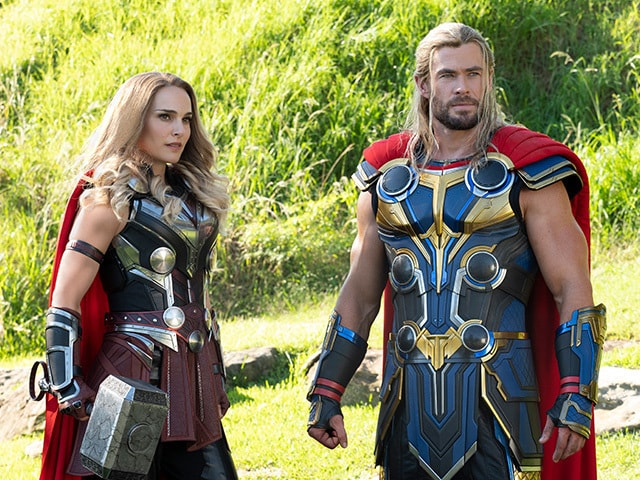

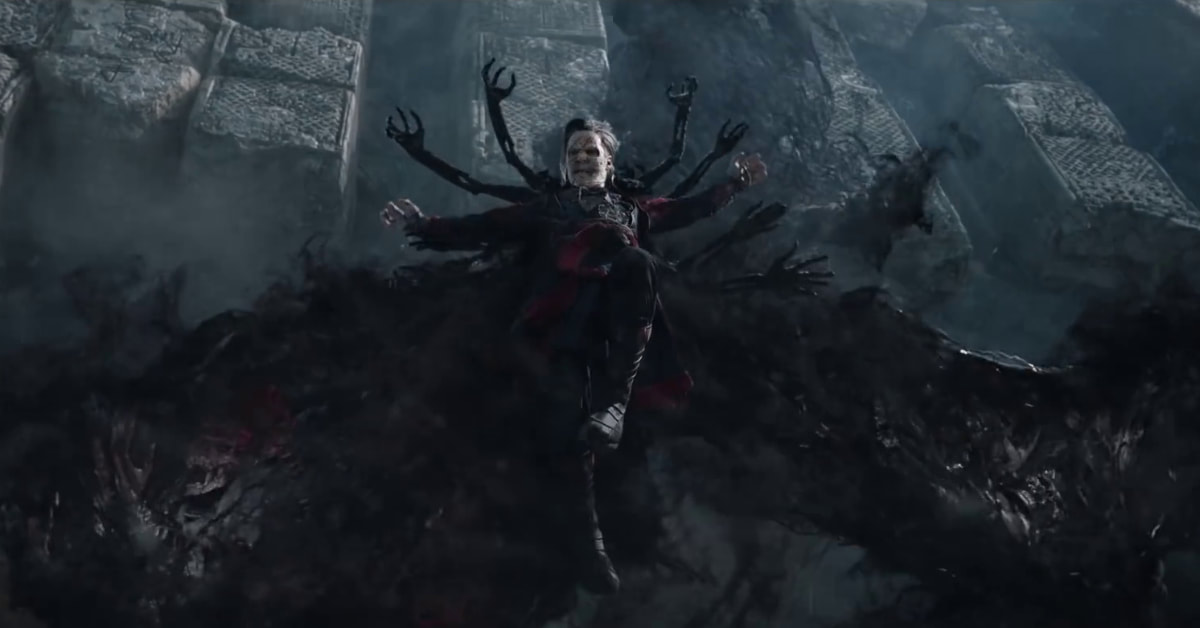
 RSS Feed
RSS Feed